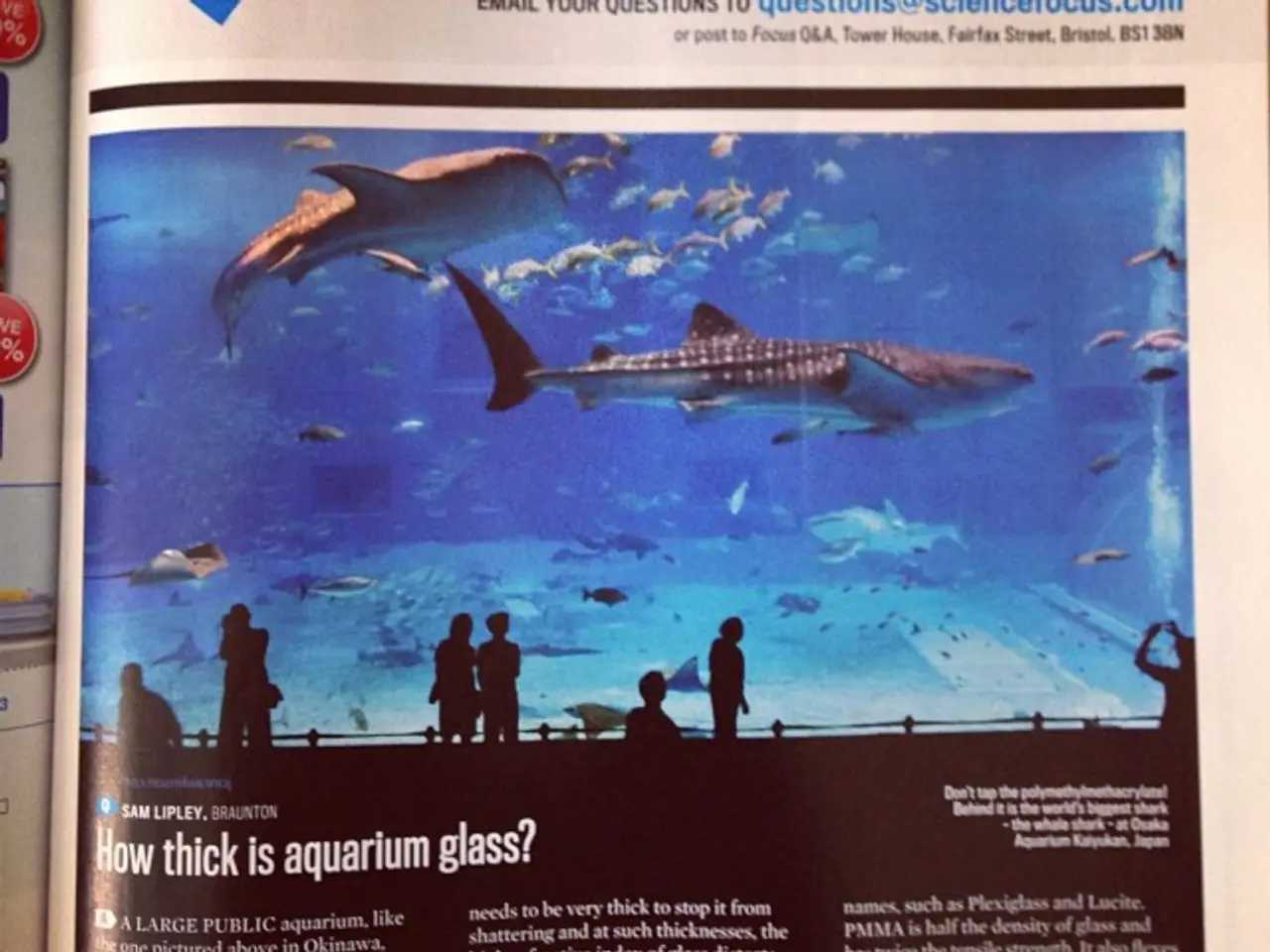investigative report reveals that a vast majority of alligator attacks on humans are instigated by human activities that pose a risk to the animals.
In a recent study published in the journal Human-Wildlife Interactions, researchers have shed light on the common risky human behaviors that provoke alligator bites in the United States. The study, conducted by scientists at the University of Florida and Centre College in Kentucky, analyzed recorded human bites from American alligators dating back to the 18th century.
The study found that most alligator-human conflicts stem from direct human interference with alligator behavior or habitat, rather than unprovoked attacks. Specifically, feeding wild alligators, swimming in their habitat, and having children or pets near water where alligators live are behaviors that increase the risk of bites. These behaviors can encourage alligators to associate humans with food, reducing their natural fear and increasing risks of aggressive encounters.
Feeding wild alligators is strongly discouraged because it can cause the animals to exhibit unusual, aggressive behavior toward people. Swimming in areas inhabited by gators also raises the risk of bites, as does allowing kids or pets to be near water where alligators may be present.
The study revealed that most gator bites occurred after people engaged in "risky human behavior". In 96% of the incidents, the bites only happened after the person had taken some sort of "risky human behavior". These incidents tended to cause less severe injuries, with none of the "no-risk" bites being fatal.
On the other hand, gators rarely bite someone with no provocation, such as someone simply walking on a road. The study emphasizes that awareness and caution are key to preventing alligator bites, especially during their mating season, which starts in April and extends through June, when gators are more active and territorial.
The researchers made a statement from the University of Florida regarding their findings, urging people to proactively keep themselves safe if they live in gator country. They advised against engaging in risky behaviors and urged people to pay attention to posted signs warning about gators in the water.
The CrocBITE database, which was used in the study, is now located at CrocAttack.org. The researchers searched through the CrocBITE database, online sources, academic literature, and state fish and wildlife agencies to gather data for the study.
Gators are found throughout Florida and parts of the U.S. southeast, particularly along coastal wetlands. The study's authors hope that their findings will help reduce human-alligator conflicts and encourage people to respect and protect these apex predators.
- The Human-Wildlife Interactions journal published a study about risky human behaviors leading to alligator bites, conducted by scientists from the University of Florida and Centre College.
- The study found most alligator-human conflicts stem from direct human interference with alligator behavior or habitat, not unprovoked attacks.
- Feeding wild alligars, swimming in their habitat, and allowing kids or pets near water where alligators live are behaviors that increase the risk of bites.
- The study discovered that 96% of gator bites occurred after people engaged in "risky human behavior", causing less severe injuries but none of the "no-risk" bites being fatal.
- The researchers adviced against engaging in risky behaviors and urged people to pay attention to posted signs warning about gators in the water, proactively keeping themselves safe if they live in gator country.
- The CrocBITE database, used in the study, is now located at CrocAttack.org, containing data collected from online sources, academic literature, and state fish and wildlife agencies.
- The study's authors hope their findings will help reduce human-alligator conflicts, encouraging people to respect and protect apex predators like alligators found throughout Florida and parts of the U.S. southeast.




